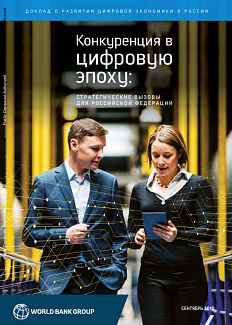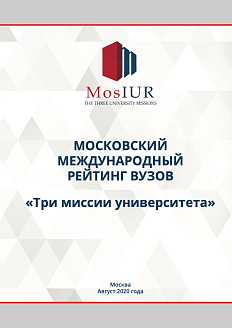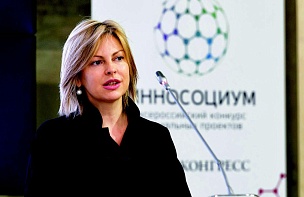The publication by InfraOne Research studies the current trends and the prospects of the IT sector.
The Roscongress Foundation presents the salient points of the publication accompanied by fragments of broadcasts of relevant panel discussions from the business programme of key international events held by the Roscongress Foundation.
The role of IT in economy is growing all over the world
Today, the share of the IT sector in GDP of national economies is constantly growing, and the reliance of industries on smart solutions and digitalization is rising as well. The so-called digital boom is evidenced by the World Bank statistics for the number of Internet users which has grown from 6.7% to 48.6% over 18 years (from 2000 to 2017) globally and from 2% to 76% in Russia. According to some estimates, the IT sector in Russia generates approximately USD 30 billion of added value, or roughly 2% of GDP, while revenues of 30 largest IT companies and groups reach RUB 1.6 trillion. It’s worth mentioning that, according to the data by Rosstat, the average annual employment in the Russian IT sector in 2018 was over 1.4 million people, or approximately 2% of all employed individuals.
Technologies and digitalization open up great opportunities for the economy
Digital transformation of the economy redistributes labor resources towards high-performance jobs, brings about new organizational forms, changes the financial market, facilitates public access to basic social services, and creates favorable conditions for breakthroughs in a range of fields of knowledge. Smart cities, for instance, can improve a wide range of indicators of the quality of life, for example reduce crime by 30-40%. BCG estimates that if one-fourth of all government services provided to businesses in Russia were digitalized in 2019, this would free 34 million work hours and save over RUB 0.2 trillion for the state and nearly RUB 5.5 trillion for businesses.
Opportunities for public private partnership in IT are constantly growing
Despite the fact that the IT industry can be called a traditionally «private» sector, the authors of the publication point out that many large IT companies might be interested in launching joint initiatives with the state, for example in the form of a concession or a public private partnership (PPP). InfraOne calculations show that of the 30 largest companies and groups on the Russian IT market at least 11 are interested in PPP. Importantly, IT development programs are already receiving growing volumes of government financing. The Digital Economy national project stipulates a planned RUB 1.6 trillion total expenditure on IT up to 2024. InfraOne Research analysts report that financial institutions are also willing to participate in IT initiatives.
IT projects are hindered by a number of obstacles
The authors of the publication point out that the number of IT areas where it is possible to develop concessions and PPPs is limited. Concerning smart cities, the main obstacle is the low quality of basic telecommunications infrastructure in Russia outside Moscow and St. Petersburg. Other barriers to «digital» concessions and PPPs include legal constraints on agreements with foreign companies, which narrows down the range of possible participants of such projects, and matters of intellectual property.
Video: https://roscongress.org/sessions/iif-2019-umnyy-gorod-ot-teorii-k-praktike/translation/
For more information about IT and digital technologies, please see the IT Industry and Digitalization special sections of the Roscongress information and analytical system.





